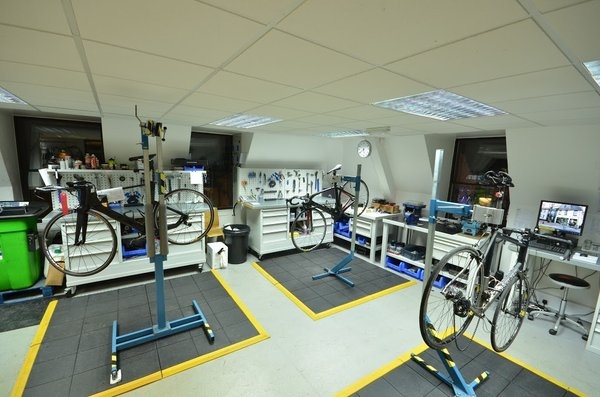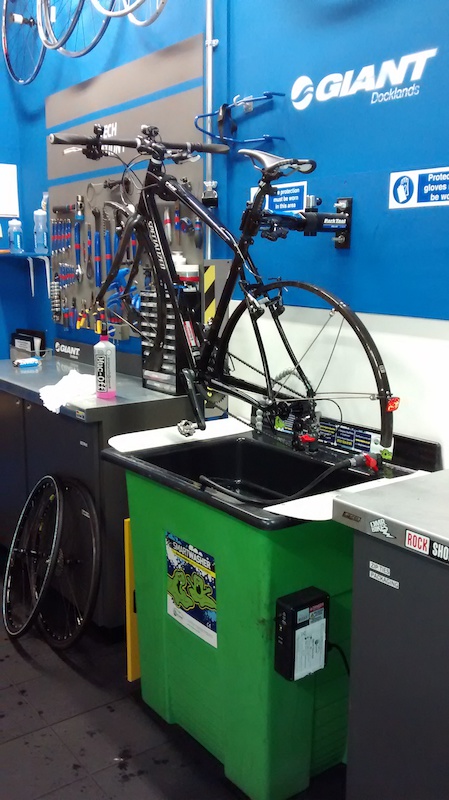Morning fellow tinkerers
Recently moved house and I’m gradually making myself at home in my new workshop
It’s an old brick built stable, about 12′ x 8′
The floor is timber decking, which I’m finding very impractical because it’s noisy and has gaps between the boards to lose my pencils forever
Last night I pulled up one of the boards and discovered underneath is a very rough concrete floor. In fact I’m not sure they even swept out the stable before they laid it, it’s full of twigs and straw!
My question is, how to turn this into a good practical surface for a workshop?
If I wanted a smooth concrete floor should I just lay this on top, do i use any fancy screed or self levelling stuff, do I need to polish it, seal it etc etc
Thanks in advance!



